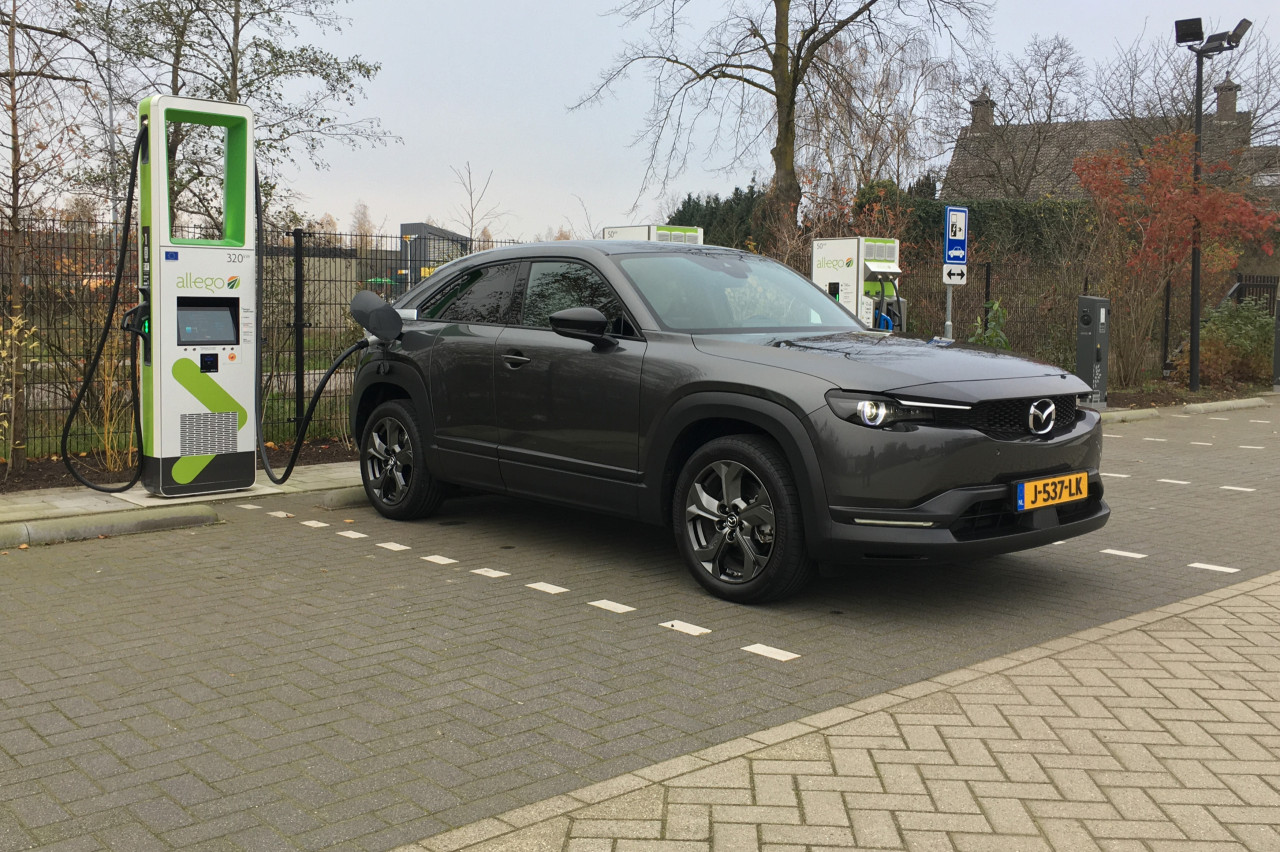Do you want to charge your electric car? The price you pay for this at a public charging station is completely unclear and differs per fuel card or app used. It therefore requires an entire study to refuel cheaply, according to the Consumers’ Association.

The price that electric drivers pay per charged kWh depends on the charging card or app they use. The providers of these must clearly state the rates in advance in the app or on a website, but that does not always go well, according to a study by the Consumers’ Association.
Some providers are not complete in their pricing information
For example, Eneco and Greenchoice do not have an app, but consumers have to consult the website. Moreover, the Eneco site does not state which rates apply where. The apps from Vandebron, Tango and E-Flux are incomplete. There are dozens of charging stations without price information.
The level of the charging rate differs per pass or app
Charging station operators charge a rate per kWh, but customers ultimately pay depends on the card or app they use. For example, it is possible that a consumer with an Engie card pays 0.24 euros per kWh at a charging station and someone with a Vattenfall card 0.40 euros.
It is unfathomable for owners of an electric car
“However, charging with a Vattenfall card is not always more expensive,” says Sandra Molenaar, director of the Consumers’ Association. “That again depends on who the charging station is and sometimes also on the time at which you charge. It is really incomprehensible for customers. There are hundreds of charging cards and apps, all of which have their own rates and conditions.”